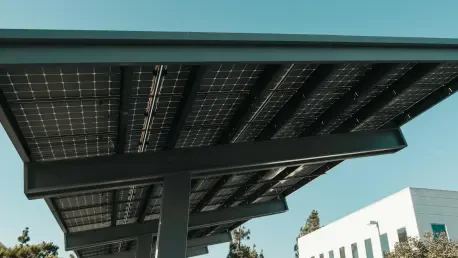
In a significant move for property owners across New York City, the Department of Buildings (DOB) has announced a crucial update to the compliance timeline for energy efficiency regulations this year. This change comes as a relief to many building owners who are navigating the complexities of Local

In the heart of Syracuse, a transformative vision is taking root through the ambitious Community Grid project led by the New York State Department of Transportation, aiming to redefine the urban landscape along Interstate 81 (I-81). This initiative seeks to dismantle outdated infrastructure like

In the fast-evolving landscape of industrial manufacturing, the demand for efficient and sustainable cooling solutions has never been more critical, especially as industries strive to balance productivity with environmental responsibility. Across sectors like food processing, pharmaceuticals, and

On a seemingly ordinary day in April, an unprecedented catastrophe struck the heart of Europe, plunging the Iberian Peninsula into darkness and sending shockwaves through the continent's energy sector, disrupting millions of lives across Spain and Portugal. This devastating blackout, marking the

Governor Gavin Newsom's recent veto of AB 740, a bipartisan bill designed to accelerate the deployment of virtual power plants (VPPs) in California, has sparked intense debate among energy policy experts, clean energy advocates, and state officials. This decision, made amidst growing concerns over

Imagine a massive fireball lighting up the night sky near Los Angeles, sending shockwaves through one of the busiest economic and aviation hubs in the nation, and raising immediate concerns about fuel supply and safety. On October 2, a major fire erupted at Chevron’s El Segundo refinery, a critical